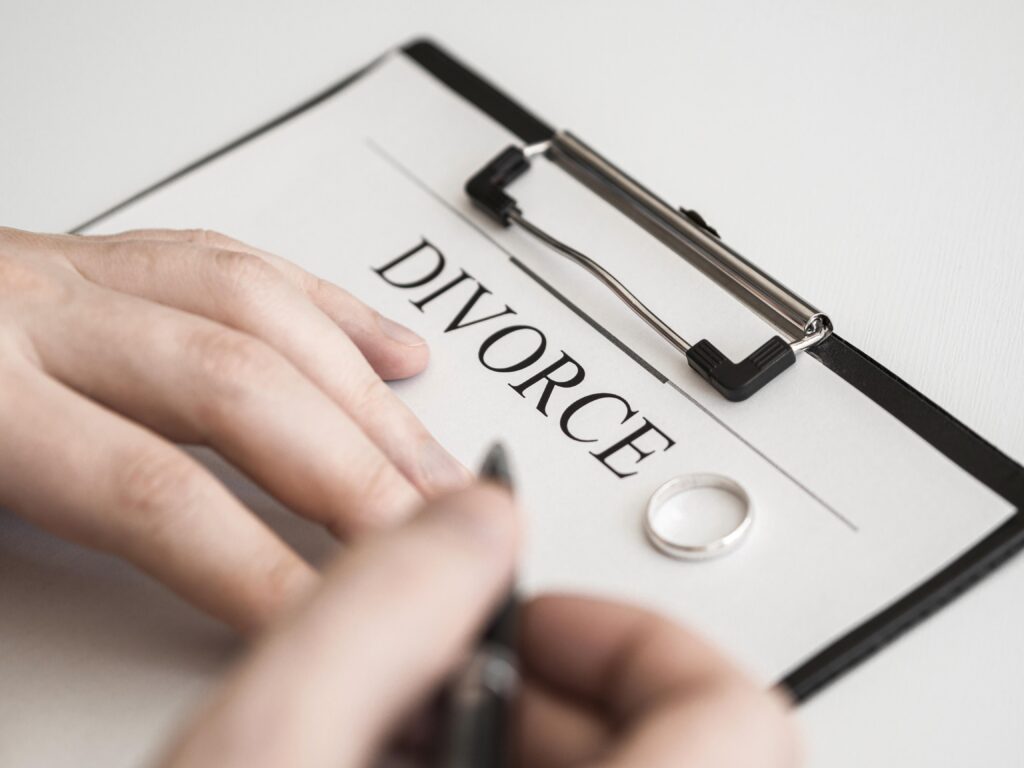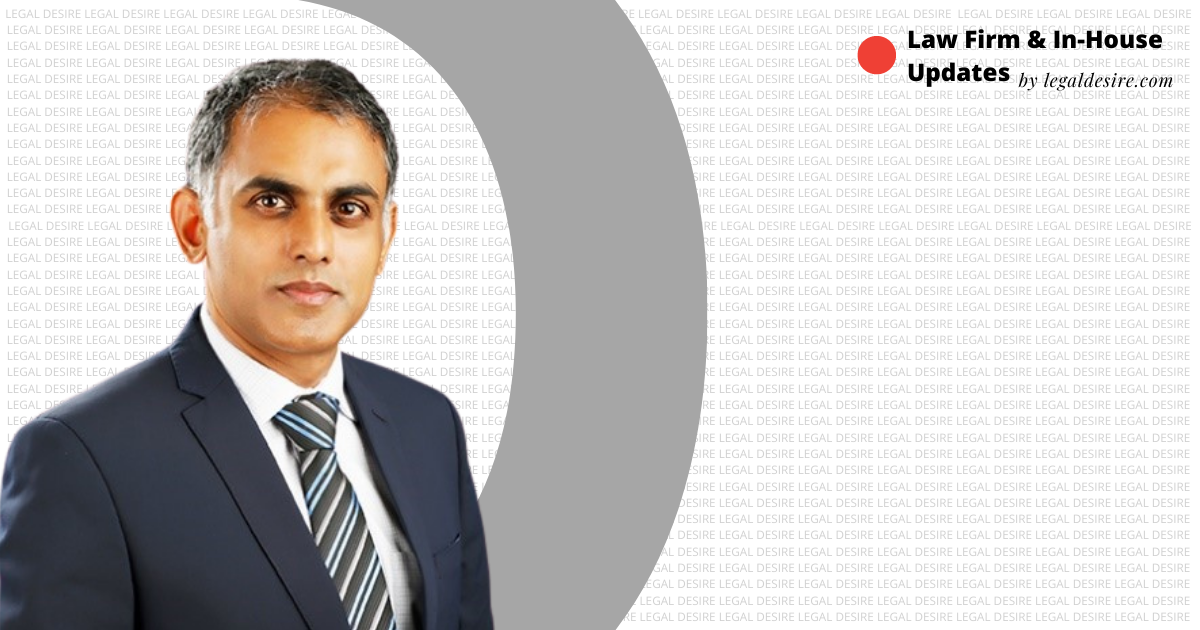Now Reading: Who Can Sue After a Wrongful Death in Augusta, Georgia?
-
01
Who Can Sue After a Wrongful Death in Augusta, Georgia?

Who Can Sue After a Wrongful Death in Augusta, Georgia?
If you have lost a loved one due to someone else’s negligence, you may be wondering if you have the right to sue. In Augusta, Georgia, the answer to that question is usually “yes.”
If you believe that someone else’s negligence caused the death of your loved one, you should speak with a skilled attorney to determine your next steps. The surviving family members of the deceased person can sue a wrongful death claim if the death is due to the negligence or intentional act of another.
Close Family
To bring a wrongful death claim in Augusta, you must be either of the following:
- A surviving spouse
- Child
- Parent
- Grandparent
Additionally, you must have had a personal relationship with the deceased, and the wrongful death must have occurred as the direct result of someone’s negligence.
To prove that the death was wrongful, the family would need to show that the defendant acted negligently or recklessly and that this negligence or recklessness caused the death. However, a close family member suing after a wrongful death can be complicated, so it is vital to speak with an Augusta wrongful death lawyer if you consider filing a lawsuit.
The Executor of the Deceased Person’s Estate
If the person who died did not have any close family relationships, then the executor of the deceased person’s estate can file the lawsuit within the standard two-year statute of limitations.
If more than one person can bring a wrongful death claim, the court will decide who should file the suit. The executor can also sue any third parties who may be held responsible for the death, such as the manufacturers of the product that caused the death, through a product liability lawsuit.
The executor can also sue for damages, such as:
- Pain and suffering
- Loss of support
- Funeral expenses
They can sue regardless of whether the decedent’s estate has been settled or not. If the decedent’s estate has been settled, the two-year statute of limitations may already have run. However, the executor can file a motion to extend the deadline. If granted, the executor can take legal action during the extended period has expired.
Dependent of the Deceased
A dependent of the deceased can sue after a wrongful death in Augusta, Georgia if someone else’s negligence caused the death. The dependent must prove that the defendant’s negligence caused the death of their loved one. Also, they need to provide proof of the damages they are claiming.
Damages can include funeral expenses, medical costs, and lost income. The dependent can also sue for punitive damages if the death was caused maliciously or with intent to harm.
If the dependent can prove negligence, they may sue for wrongful death. However, they must show that the decedent would have lived if the negligent act had not occurred. If the dependent can show this, they may be able to receive damages or a settlement.
There is no limit on how much a dependent may be awarded in a wrongful death case. After reviewing your case a lawyer can offer an estimate of how much you may receive.
Beneficiaries of the Deceased
If you are the beneficiary of a deceased person and believe that their cause of death was negligence or another person’s wrongdoing, you may be able to file a wrongful death claim. You must file a claim before the deadline passes after the victim’s death.
If you cannot file a claim within this timeframe, you may still be able to pursue legal action if the circumstances surrounding the deceased person’s death warrant it.
Final Thoughts
If you believe that someone violated your rights after your loved one died from negligence or intentional act, please contact an experienced wrongful death lawyer in Augusta, Georgia. The law office in Augusta can help you determine who is responsible for your loved one’s death and help you file a lawsuit to recover damages. Contact us today to get started on your legal journey.











